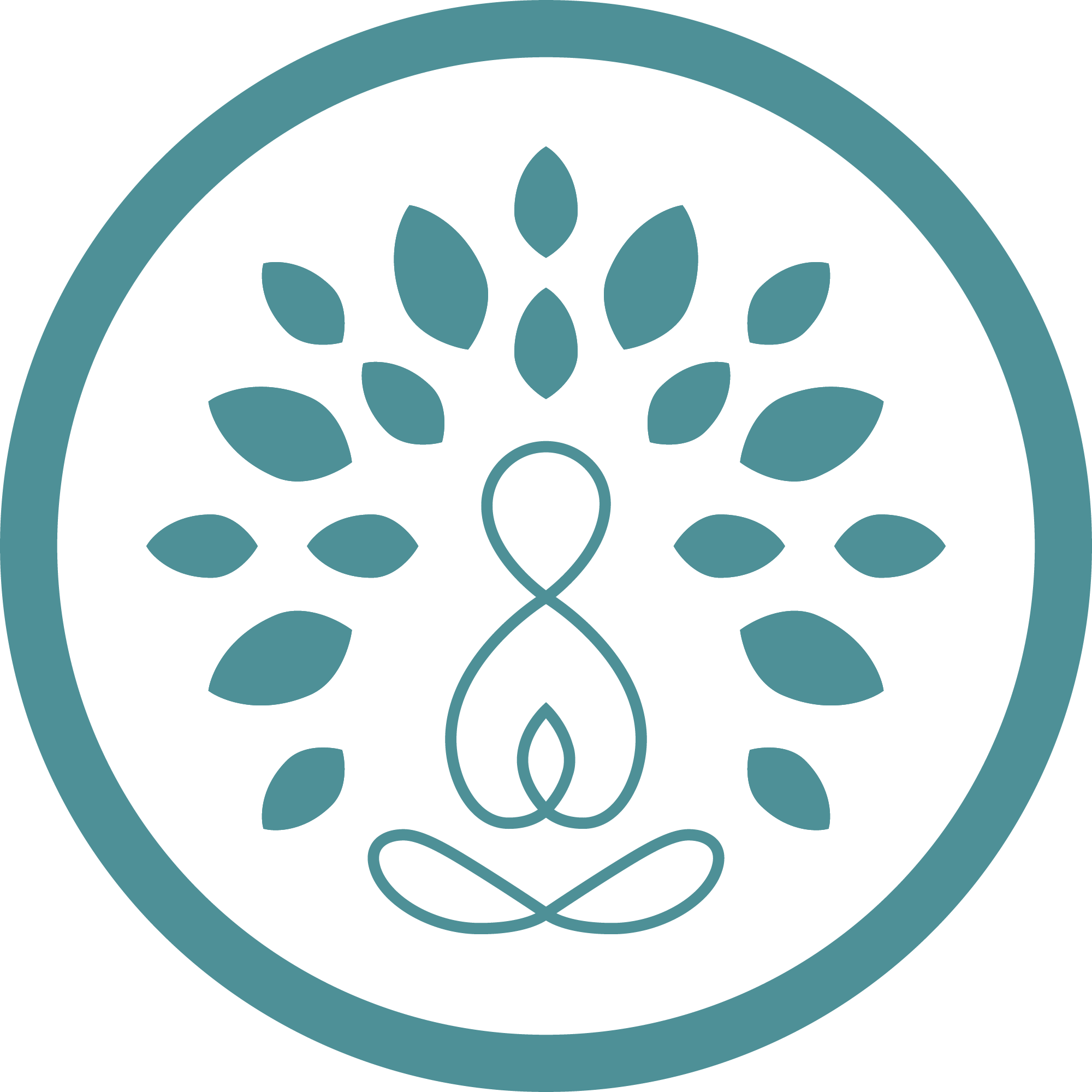What are life transitions and how do they impact your mental health?
Changes in life circumstances can be stressful and potentially make a person more susceptible to developing an adjustment disorder, also known as situational depression or anxiety. An adjustment disorder is a maladaptive reaction to a stressful situation that leads to symptoms of depression or anxiety.
Depending on the severity and duration of symptoms—which may be present for up to 6 months—an adjustment disorder can lead to other mental health conditions such as a major depressive episode (if you’ve been feeling sad most days for more than 2 weeks), bipolar disorder (if you have periods where your moods swing from extreme highs back down again), or post-traumatic stress disorder (PTSD).
People with adjustment disorders tend not to seek treatment because they think the stress from a life transition will go away on its own. However, if left untreated, it could lead to other mental health conditions which are harder to treat later on down the line so it’s important not to ignore these feelings if they persist.
Common types of transitions include:
- marriage or divorce,
- birth of a child
- getting fired from your job
- changing careers
- retirement from work
- children leaving home for college or moving out on their own.
Signs of Adjustment Disorder:
The onset of the following symptoms around the same time as a life transition
- Depression
- Anxiety (generalized or panic)
- Unexplained physical complaints such as headaches and stomachaches
- Sleep issues (too much or too little)
- Change in eating habits (too much or too little)
- Difficulty concentrating and completing tasks at school or work or at home.
Treatment for Adjustment Disorder and Stress from Life Transitions
Treatment for an adjustment disorder or stressful life transitions may include counseling with a trained mental health professional and/or medication management. Working with a counselor can help you build distress tolerance skills and process feelings related to the life transition to help ease symptoms and better manage stress.
Counseling for Life Transitions
If you or someone you know is struggling with an adjustment disorder or stressful life transition, please contact us at 316-201-6047 or by filling out our contact form here.
